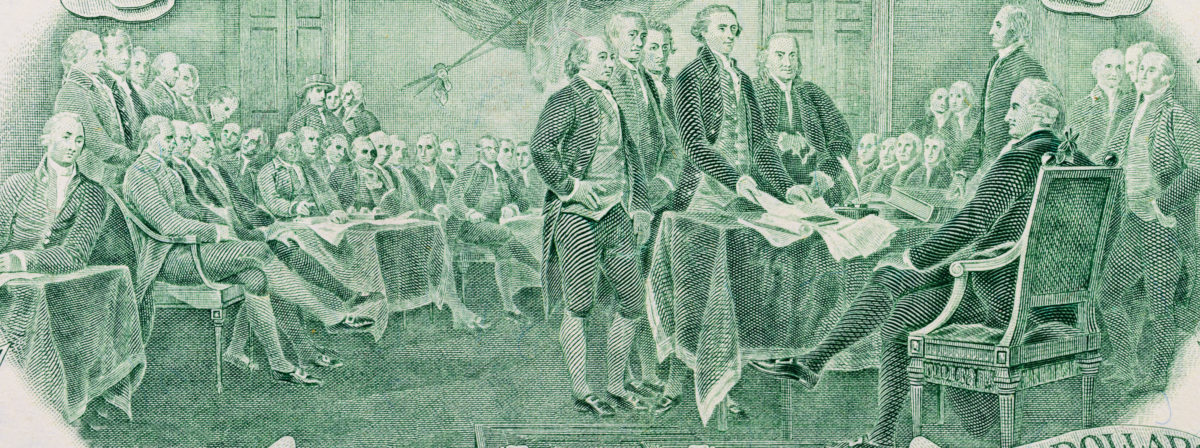
Idaho is Right to Abandon the Common Core
Idaho has recognized that Common Core has not improved schools. Wayne Hoffman, executive director of the Idaho Freedom Foundation recently stated, “The days of Common Core in our public schools appear to finally be numbered.” This comes after a joint letter from the House and Senate education committees to the Governor and the two education agencies in the state, in which legislators are urging for new standards. Standards will not improve schools any more than a budget will improve a business. Neither will change how the organization performs. But they can be tools to assess effectiveness. ACTE Program Chair Don Nielsen argues, “Unfortunately, many believe our schools will improve with more rigorous standards and that was one of the drivers Read More ›





